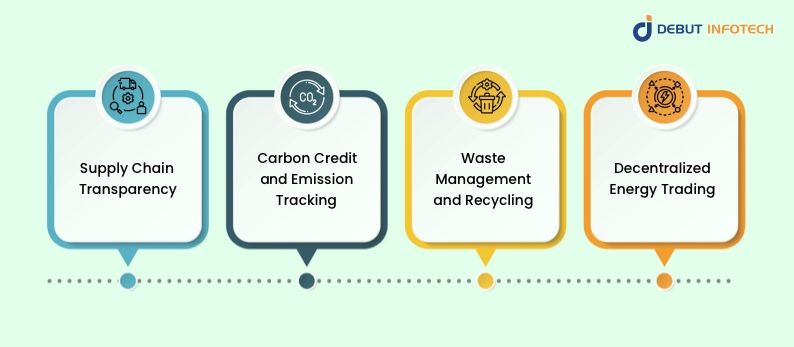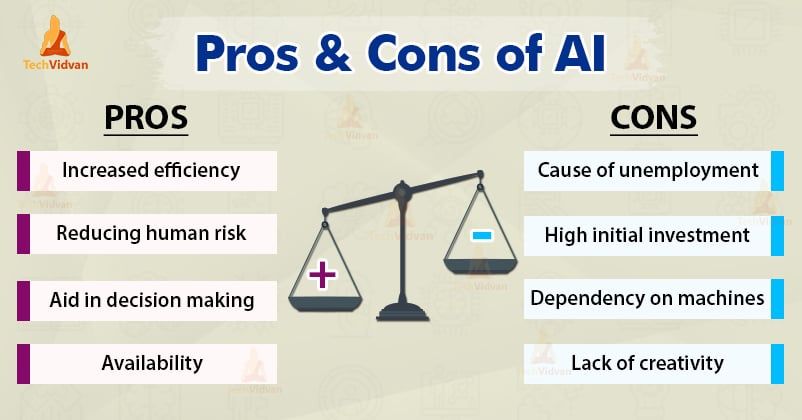
The Role of Blockchain in Sustainability
- 0
Blockchain technology has been making waves in various industries, from finance to healthcare to supply chain management. But one area where blockchain is increasingly being recognized for its potential is in promoting sustainability and environmental conservation.
Transparent Supply Chains
One way in which blockchain is contributing to sustainability efforts is by creating more transparent supply chains. By using blockchain to track the journey of products from their source to the consumer, companies can ensure that their goods are produced ethically and sustainably. This transparency can help to combat issues such as deforestation, illegal fishing, and labor exploitation.
Carbon Footprint Tracking
Blockchain technology can also be used to track and verify carbon emissions, helping companies to better understand and reduce their environmental impact. By recording emissions data on a blockchain, companies can create a verifiable record of their carbon footprint, which can be used for reporting and accountability purposes.
Renewable Energy Trading
Blockchain is also playing a role in the renewable energy sector, particularly in the trading and distribution of clean energy. Peer-to-peer energy trading platforms powered by blockchain allow individuals and businesses to buy and sell renewable energy directly, reducing the reliance on traditional energy sources and promoting a more sustainable energy ecosystem.
Waste Management
Blockchain technology is being used in waste management to track the disposal and recycling of materials. By creating a transparent and traceable record of waste management processes, companies can ensure that their waste is being handled responsibly and efficiently, reducing the environmental impact of landfill and incineration.
Impact Investing
Blockchain is also enabling the rise of impact investing, where investors can support sustainable and socially responsible projects. By using blockchain to track the impact of investments on environmental and social metrics, investors can ensure that their money is being used to promote positive change and sustainability.
Challenges and Opportunities
While blockchain technology offers many opportunities for promoting sustainability, there are also challenges that must be addressed. Issues such as scalability, energy consumption, and regulatory concerns can impact the effectiveness of blockchain solutions in the sustainability space.
However, with continued innovation and collaboration, blockchain has the potential to revolutionize the way we approach sustainability and environmental conservation. By leveraging the power of blockchain technology, we can create a more transparent, efficient, and sustainable world for future generations.
Conclusion
Blockchain technology is not just about cryptocurrencies and finance – it is also a powerful tool for promoting sustainability and environmental conservation. From transparent supply chains to renewable energy trading to waste management, blockchain is revolutionizing the way we address environmental challenges. As we look to build a more sustainable future, blockchain will undoubtedly play a central role in driving positive change.

